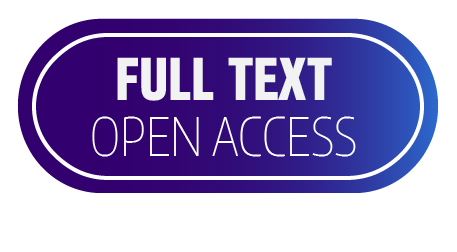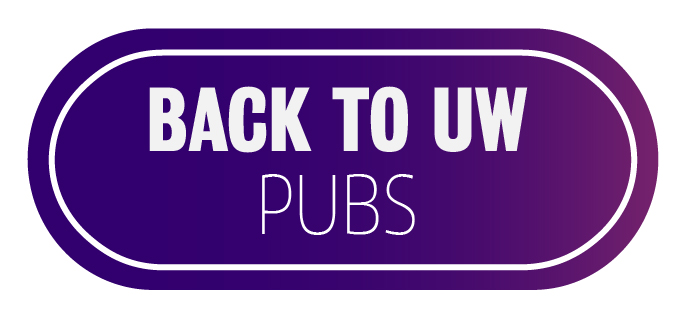April 29, 2020
✪ The Breast Health Global Initiative 2018 Global Summit on Improving Breast Healthcare Through Resource‐Stratified Phased Implementation: Methods and overview
Authors:
Catherine Duggan, Allison Dvaladze, Anne F. Rositch, Ophira Ginsburg, Cheng‐Har Yip, Susan Horton, Rolando Camacho Rodriguez, Alexandru Eniu, Miriam Mutebi, Jean‐Marc Bourque, Shahla Masood, Karla Unger‐Saldaña, Anna Cabanes, Robert W. Carlson, Julie R. Gralow, and Benjamin O. Anderson
University of Washington affiliated authors are displayed in bold.
✪ Open Access
Published: April 2020
Read the full text in the open access journal Cancer
Abstract:
Background
The Breast Health Global Initiative (BHGI) established a series of resource‐stratified, evidence‐based guidelines to address breast cancer control in the context of available resources. Here, the authors describe methodologies and health system prerequisites to support the translation and implementation of these guidelines into practice.
Methods
In October 2018, the BHGI convened the Sixth Global Summit on Improving Breast Healthcare Through Resource‐Stratified Phased Implementation. The purpose of the summit was to define a stepwise methodology (phased implementation ) for guiding the translation of resource‐appropriate breast cancer control guidelines into real‐world practice. Three expert consensus panels developed stepwise, resource‐appropriate recommendations for implementing these guidelines in low‐income and middle‐income countries as well as underserved communities in high‐income countries. Each panel focused on 1 of 3 specific aspects of breast cancer care: 1) early detection, 2) treatment, and 3) health system strengthening.
Results
Key findings from the summit and subsequent article preparation included the identification of phased‐implementation prerequisites that were explored during consensus debates. These core issues and concepts are key components for implementing breast health care that consider real‐world resource constraints. Communication and engagement across all levels of care is vital to any effectively operating health care system, including effective communication with ministries of health and of finance, to demonstrate needs, outcomes, and cost benefits.
Conclusions
Underserved communities at all economic levels require effective strategies to deploy scarce resources to ensure access to timely, effective, and affordable health care. Systematically strategic approaches translating guidelines into practice are needed to build health system capacity to meet the current and anticipated global breast cancer burden.
**This abstract is posted with permission under the Creative Commons Attribution 4.0 International License**

